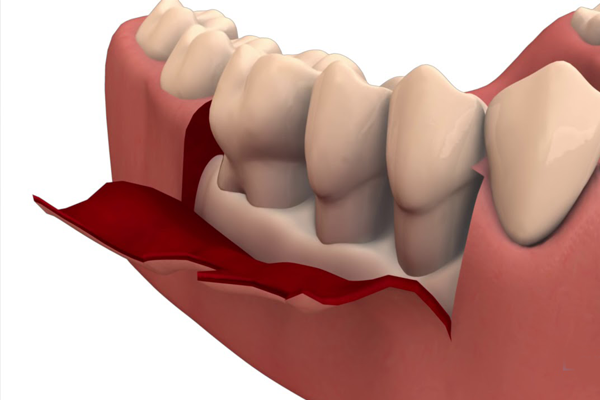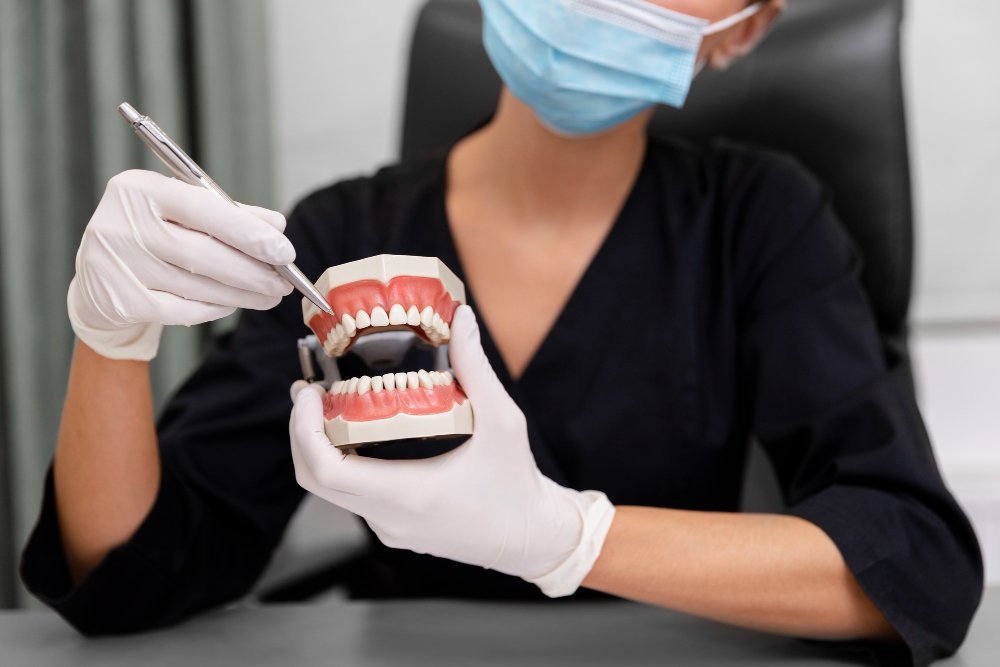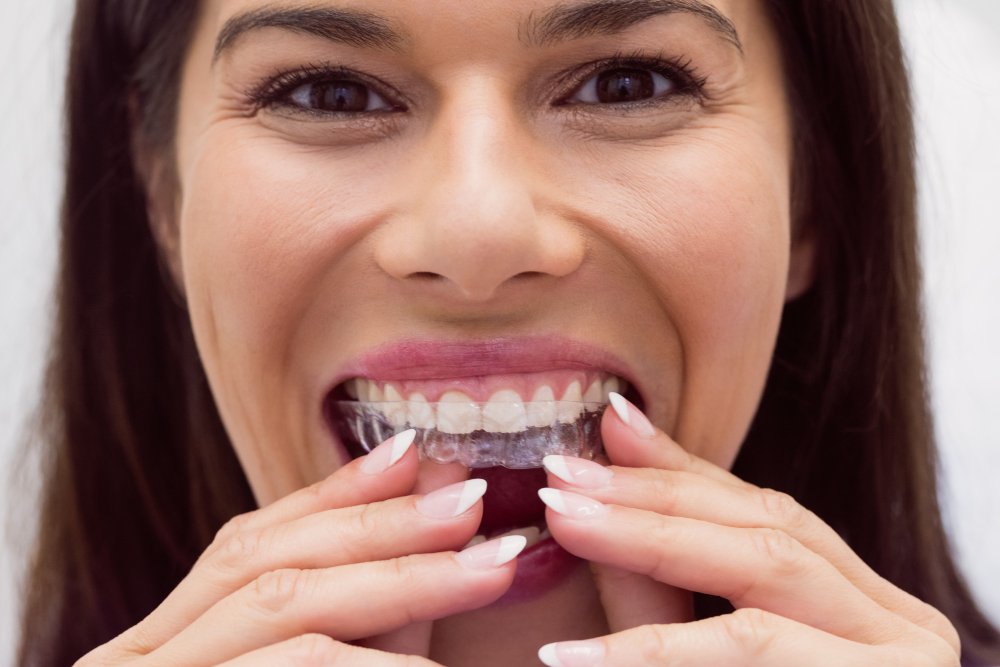Edit Content
Support & Email
info@moraldentalstudio.com
Customer Support
+91 99986 93570
Our Location
Kalpavruksh Complex, 203/204, Bhimjipura Rd, beside Gayatri Hospital, near Kiran Park, Bhimjipura, Nava Vadaj, Ahmedabad, Gujarat 380013





